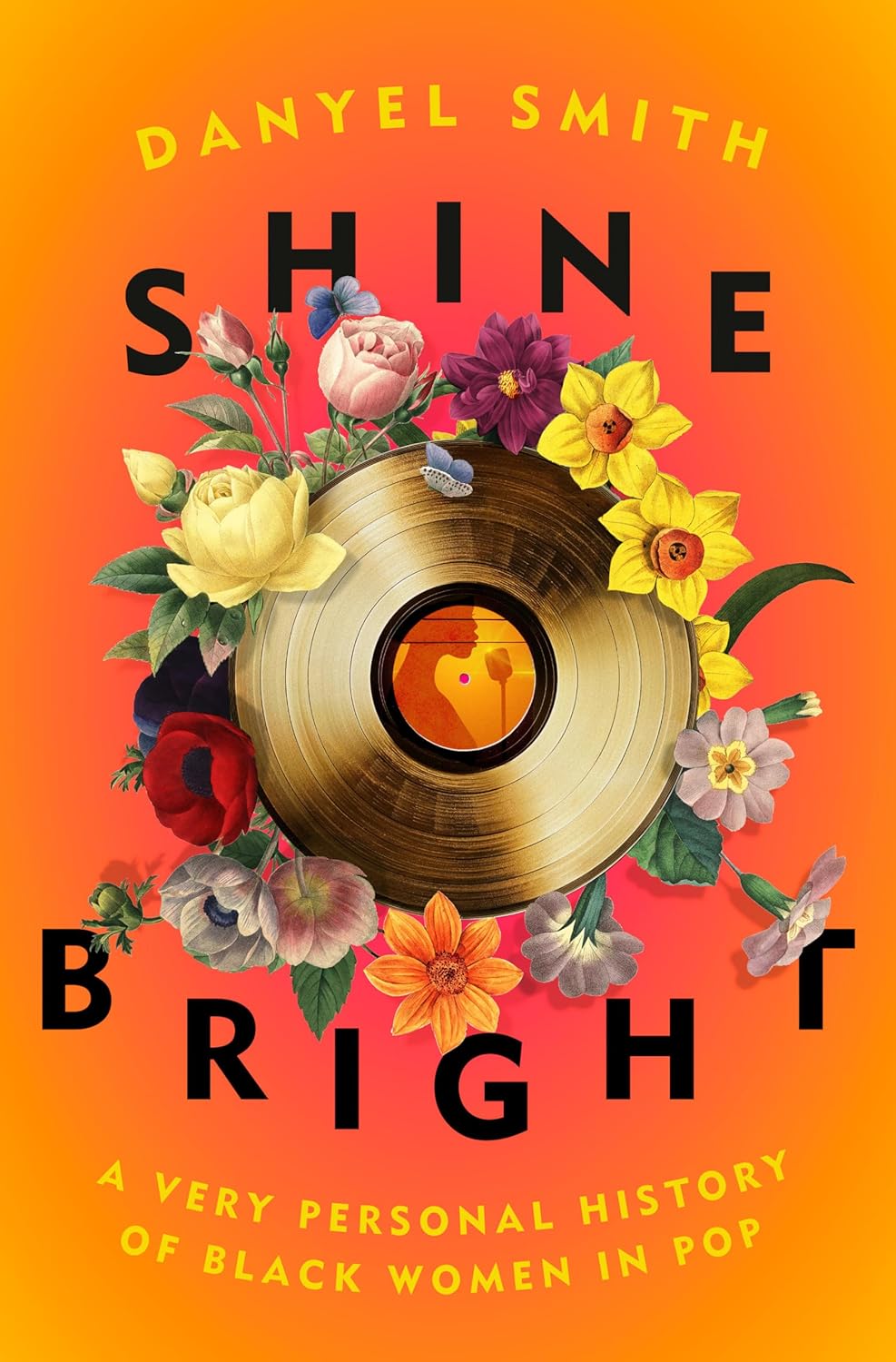It’s like the celebration of these artists sometimes blinds us from the fact that the deep appreciation isn’t there.
It’s not. When I talked to the artist—she’s not in the book, but the artist H.E.R.—I talked to her on “Black Girl Songbook.” She’s been playing guitar since she was six or seven years old. I asked her on “Songbook,” I said, “Didn’t you want to go outside? Didn’t you want to be at the park on the slide? On the swings?” She looked at me, like, “I guess I did.”
You have to add in the ambition, you have to add in the work ethic, you have to add in the keep-going-ness of things, you have to add in the commitment, you have to add in the investment, monetary and otherwise. You have to add in the sacrifice of not being on the slide or the swings or going to prom.
Or the Dixie Cups, living through segregation. I remember being on the phone with Barbara Ann Hawkins [of the Dixie Cups], and I was, like, “What was segregation actually like in New Orleans?” She started telling me about sitting in the nosebleeds at the circus. Then she said she would be on the bus and the white people would get on and then you would have to go to the back. I got so specific with her. I was, like, “But how did this go down?” She was, like, “Well, there was a little screen and they would move it back and then you would have to keep moving back.” I was, like, “There was no designated Black area. It was just that the area kept getting smaller and smaller, the more the white people got on the bus.” She was, like, “Yes.” Then I was, like, “Would the bus driver ask you or could anybody ask you?” She said, “Anybody could ask us.” I said, “Were they nice about it?” She said, “It was however they got out of bed that day, whatever their mood was.”
My thing is, out of that comes “Chapel of Love.” All of that over-enunciated commitment to perfection that is “Chapel of Love.” That’s what it comes out of: “I want to, one, get out of New Orleans”—which they never really did because of the way the music business is—“I want to get out of the hood.” But also, “I want to sit in the front row at the circus. I want to go to the museum at any time I want to go. Not just on the ‘Black days.’ ”
